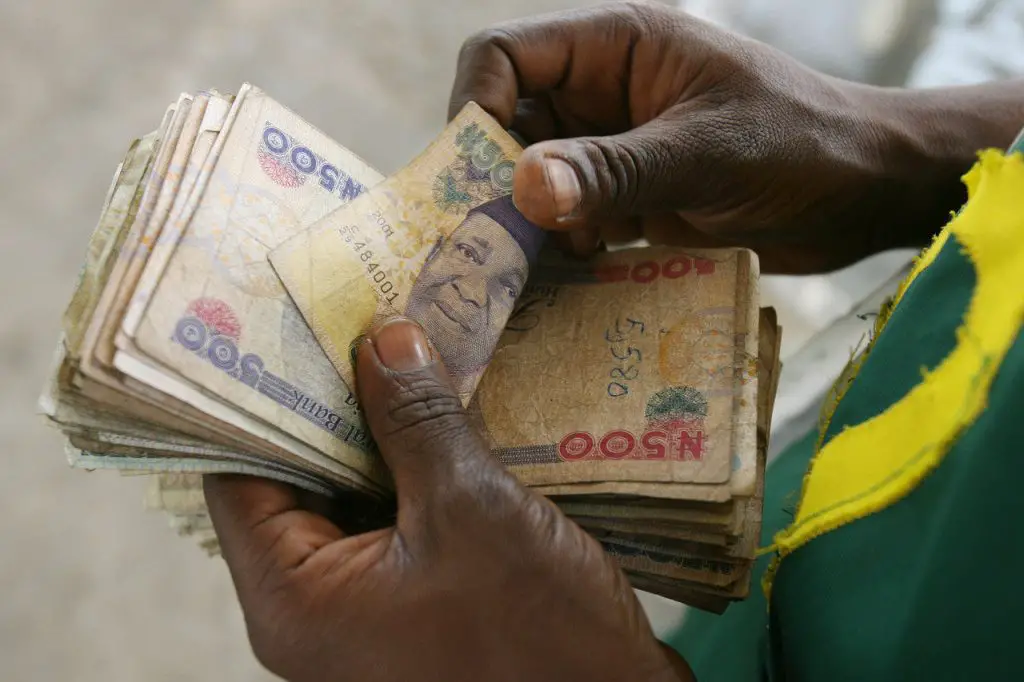Sub-Saharan Africa is likely to face its first recession in 25 years as the novel coronavirus (COVID-19) pandemic is cutting life from the continent’s economies, disrupts world trade, according to information from the World Bank.
According to information from Bloomberg, the lender said, the continent’s gross domestic product (GDP) will probably contract 2.1 per cent to 5.1 per cent in 2020, compared with 2.4 per cent growth a year earlier.
World Bank Vice President for Africa, Hafez Ghanem said in a statement following the Africa Pulse report, that “The COVID-19 pandemic is testing the limits of societies and economies across the world, and African countries are likely to be hit particularly hard,”
The global investment bank, Goldman Sachs Group gave their prediction on African governments funding needs, saying that sub-Saharan Africa funding may rise by $75 billion due to COVID-19 hammering their economies.
Further, the growth downgrade is based on a sharp decline in output in key trading partners, such as China and the euro area, falling commodity prices, reduced tourism, and measures are taken to contain the virus, the World Bank said.
Africa’s biggest lender estimates the virus outbreak will cost Sub-Saharan Africa $37 billion to $79 billion as a result of disruptions to trade and value chains.
So far, the pandemic has caused the regional economies a $29 billion dent, and infected more than 10,692 people, with 535 deaths and 1,096 recoveries, to date according to data compiled by the Africa Centres for Disease Control and Prevention.
The pandemic will have a substantial impact on food production and could lead to a food security crisis in the region. Agricultural production is likely to decline by 2.6 per cent, and as much as 7 per cent with trade blockages. Food imports could tumble as much as 25 per cent on higher transaction costs and reduced domestic demand, according to the World Bank.
READ:South African economy hurt by third recession
The Washington based lender also highlighted that the dull growth in the region’s three biggest economies — Nigeria, South Africa and Angola — at a time when oil prices and other commodities have declined will lead to a sharp fall in economic growth in those countries that will impact the rest of the region.
Further, the lender also noted that oil-exporting countries will also be hit hard and growth is likely to decline substantially in the West African regional economic bloc known as Ecowas, and the West African Economic Community.
“We are rallying all possible resources to help countries meet people’s immediate health and survival needs while also safeguarding livelihoods and jobs in the longer term — including calling for a standstill on official bilateral debt service payments,” Ghanem said.
Also, Given the unprecedented challenges that COVID-19 poses, the Bank Group expects to deploy up to $160 billion over the next 15 months to help countries protect the poor and vulnerable, support businesses, and bolster economic recovery.
READ:Nigeria: Top Africa economy after South Africa slumped
